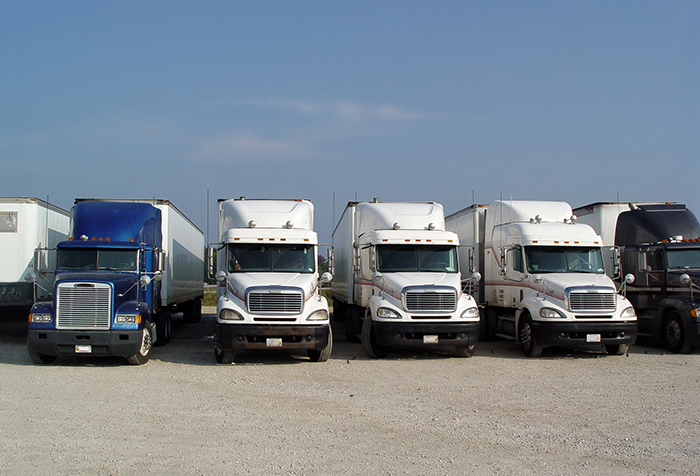A blueprint for smart infrastructure investment
With mounting bipartisan support in Congress for an infrastructure bill this year, a national conversation is fast approaching over where the greatest opportunities exist for federal investment in our transportation and energy networks. Although the widespread deficiencies in U.S. infrastructure run deep, a strong case can be made that surface transportation—roads and bridges specifically—offer the highest, most broad-based return on investment, with measurable and equitable benefits for jobs and the economy, the motoring public, highway safety, the environment and public health.
The reason is simple: Despite the multi-modal options available to commuters, travelers and shippers today, roads remain the predominant means for how we move people and things. A full 87% percent of passenger miles happen on the highway. More than 72% of our total domestic tonnage (totaling 11.8 billion tons of goods valued at $10.4 trillion) moves by truck across these highways. All other modes—air, rail, transit — often depend on road networks for either the first mile or the last, or to even function at all.
Freight Bottlenecks

When weighing its priorities, Congress should begin with the National Highway System, which accounts for only 5% percent of highway mileage yet carries 55% of all vehicle miles traveled. Here the 80-20 rule, or Pareto Principle, applies: 87% of total truck congestion costs nationwide is caused by only 17% of National Highway System miles.
Drilling down further, the American Transportation Research Institute recently released its annual Top Truck Bottleneck Analysis, which isolates the worst 100 traffic chokepoints in the country using real-time GPS data from more than one million trucks. Although 2020 was a highly unusual year, with pandemic restrictions alleviating some congestion as motorists stayed home, the analysis captures where the most pressing problems continue to occur.
Truck Parking

COVID caused a re-awakening in public consciousness to the importance truckers hold in our everyday lives. Economic shutdowns brought Americans to realize how essential trucks are to receiving the basic necessities we all take for granted—and to recognize the everyday heroism exemplified by the incredible men and women working behind the wheel.
Read more: American Trucking Association
